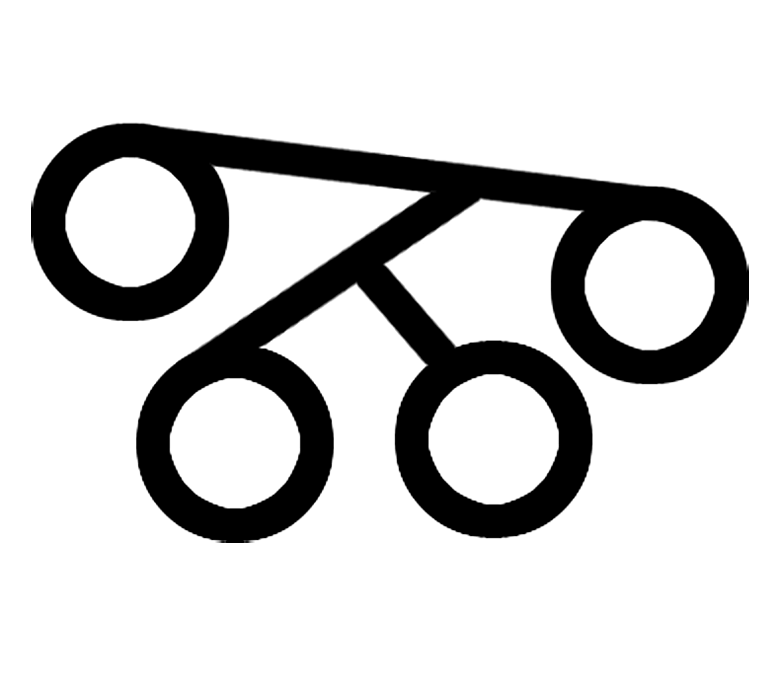- Naziv
- Jewish history in Croatia in the 20th century
- Organizacijska jedinica
- Centar za židovske studije i istraživanje Holokausta
- ECTS
- 3
- Šifra
- 184231
- Semestri
- ljetni
Nastavnici
dr.sc. Michal Brandl, izv. prof.
(nositelj)
Satnica
Predavanja
30

